Call for Papers
Technovation Special Issue : Digitalization, Disruption, Technological Changes and the New Frontiers of Entrepreneurship
Guest Editors:
Wadid Lamine, Telfer School of Management, University of Ottawa, Canada
Alain Fayolle, EMLyon Business School, France
Sarah Jack, Stockholm School of Economics, Sweden
David B. Audretsch, Institute for Development Strategies, Indiana University, USA
Introduction
Entrepreneurship is a multidisciplinary research field whose primary object of study is the process of the creation, identification and exploitation of opportunities and how these opportunities are transformed into new products, services and businesses that create wealth and contribute to economic development (Shane & Venkataraman, 2000). These entrepreneurial opportunities result from, among other things, the spatio-temporal contexts in which they emerge and develop (De Massis et al. 2018).
Today, far-reaching technological developments are making a deep impact on societies and economic environments worldwide. New digital platforms (Srinivasan & Venkatraman, 2018) infrastructure (fintech, data analytics, mobility, mobile business apps, nanotech, robotics, new space economy, artificial intelligence, virtual reality, cryptocurrencies, the internet of things, cloud computing, blockchain) are drawing us inexorably into a new globalized digital economy based on knowledge and mobility.
In this context of fast-paced change, new creative industries (Li, 2018), still in a state of flux, have arisen while others have disappeared, at least in their traditional form. Moreover, the intermixing of these new technologies has led to a redrawing of boundaries and an increase in their porosity (Nambisan, 2017) thanks to the links that have developed between the new and the traditional industries. This, it seems to us, extends the limits of entrepreneurship out towards new industries but also towards industries with high barriers to entry (De Massis et al. 2018) due to regulatory, technological or structural factors such as space, finance, aeronautics, IT hardware and health industries (Loderer, Stulz and Waelchi, 2016).
For a growing number of people, these new technologies, considered as “external enablers” (Davidsson, 2015), lead to a democratization of entrepreneurship (Aldrich, 2014) and a lowering of the barriers to starting up a company by reducing (or eliminating) the difficulties inherent in the entrepreneurial phenomenon in its “classical” configuration, difficulties such as high resource intensity, uncertainty, limited time or information asymmetry (Briel, Davidsson and Recker, 2018).
This new context, by offering new spaces for the creation, identification and exploitation of business opportunities, clearly extends the range of possibilities for a discipline such as entrepreneurship. Moreover, digitalization has helped to break down the boundaries between the different phases of the entrepreneurial process (Huang, Henfridsson, Liu & Newell, 2017).
Few studies in the discipline, however, have examined the impact of these technological disruptions not only the existing paradigms, but also our very conception of the entrepreneurial phenomenon in its nature and shifting contours (Nambisan, 2017).
This call for papers for the upcoming special issue invites entrepreneurship scholars to focus their efforts on the major changes that are likely to affect the entrepreneurial phenomenon in its capacity to transform itself within a digital, knowledge-based, mobility-centered economy. It aims to promote the emergence of new theories and conceptions (or the discussion of current theories and conceptions in light of the technological changes now underway) of the entrepreneurial opportunity and process that would more fully reflect the realities of the new environment we are living in.
We encourage authors, then, to submit theoretical and empirical work that offers original perspectives and draws on a variety of theoretical and methodological approaches.
Examples of relevant topics include, but are not limited to:
- The impact of different new technology trends on entrepreneurial process dynamics associated with the creation, discovery and exploitation of entrepreneurial opportunities
- How do new technology trends push entrepreneurship towards new frontiers and industries hitherto assumed to be inaccessible, such as health care, finance, space, etc.?
- How do interactions between new emerging technologies provide new windows of opportunity and enable new transfer mechanisms within and between industries?
- How does the emergence of new industries shape entrepreneurship as a socio-economic phenomenon?
- New technology, new economy and new challenges for entrepreneurship research
- The role of new technologies in enabling interconnections between existing and new industries
- How do new technology options and alternatives contribute to reducing the entrepreneurship entry threshold?
- New frontiers of entrepreneurship and their impact on society and public policy, with a view to improving human welfare.
- How do new technologies create boundaries and spaces between industries for the creation and identification of new entrepreneurial opportunities?
- Technological changes, digitalization and emerging entrepreneurship support mechanisms
Submissions should be prepared in accordance with Technovation’s guidelines and submitted via Manuscript Central (https://www.editorialmanager.com/technovation/default.aspx). The deadline of the submission is 31th, January 2021. When submitting, be sure to specify that the submission is for the special issue on ‘Technological Changes and the New Frontiers of Entrepreneurship’ by ticking the appropriate box. The Special Issue is subject to the normal double-blind review process established by Technovation.
Questions regarding any aspect of this special issue may be addressed to any of the coeditors:
Wadid Lamine (wadid.lamine@telfer.uottawa.ca); Alain Fayolle (fayolle@em-lyon.com); Sarah Jack (sarah.jack@hhs.se); David B. Audretsch (daudrets@indiana.edu)
References
Aldrich, H. (2014). The democratization of entrepreneurship? Hackers, makerspaces, and crowdfunding. Annual Meeting of the Academy of Management, Philadelphia, August 2014.
Briel, V.F., Davidsson, P., and Recker, J.C., (2018). Digital technologies as external enablers of new venture creation in the IT hardware. Entrepreneurship Theory & Practice 42 (1), 47-69
Davidsson, P. (2015). Entrepreneurial opportunities and the entrepreneurship nexus: A re-conceptualization. Journal of Business Venturing, 30, 674–695.
De Massis, A. Kotlar, J. Wright, M., and Kellermanns, EW. (2018). Sector-Based Entrepreneurial Capabilities and the Promise of Sector Studies in Entrepreneurship, Entrepreneurship Theory & Practice 42 (1), 47-69
Huang, J., Henfridsson, O., Liu, M. J., & Newell, S. (2017). Growing on steroids: Rapidly scaling the user base of digital ventures through digital innovation. MIS Quarterly, 41(1), 301–314.
Loderer, C., Stulz, R., & Waelchli, U. (2016). Firm rigidities and the decline in growth opportunities. Management Science. doi: 10.1287/mnsc.2016.2478
Li, F. (2018). The digital transformation of business models in the creative industries: A holistic framework and emerging trends. Technovation (In press). doi.org/10.1016/j.technovation.2017.12.004
Nambisan, S. (2017). Digital entrepreneurship: Towards a digital technology perspective of entrepreneurship. Entrepreneurship Theory and Practice. Advance online publication. doi: 10.1111/etap.12254
Nambisan, S., Lyytinen, K., Majchrzak, A., & Song, M. (2017). Digital innovation management: Reinventing innovation management research in a digital world. MIS Quarterly, 41(1), 223–238.
Shane, S. A., & Venkataraman, S. (2000). The promise of entrepreneurship as a field of research. The Academy of Management Review, 25(1), 217–226.
Srinivasan, S & Venkatraman, N. (2018) Entrepreneurship in digital platforms: A network‐centric view, Strategic Entrepreneurship Journal, 12(1), 54-71, https://doi.org/10.1002/sej.1272

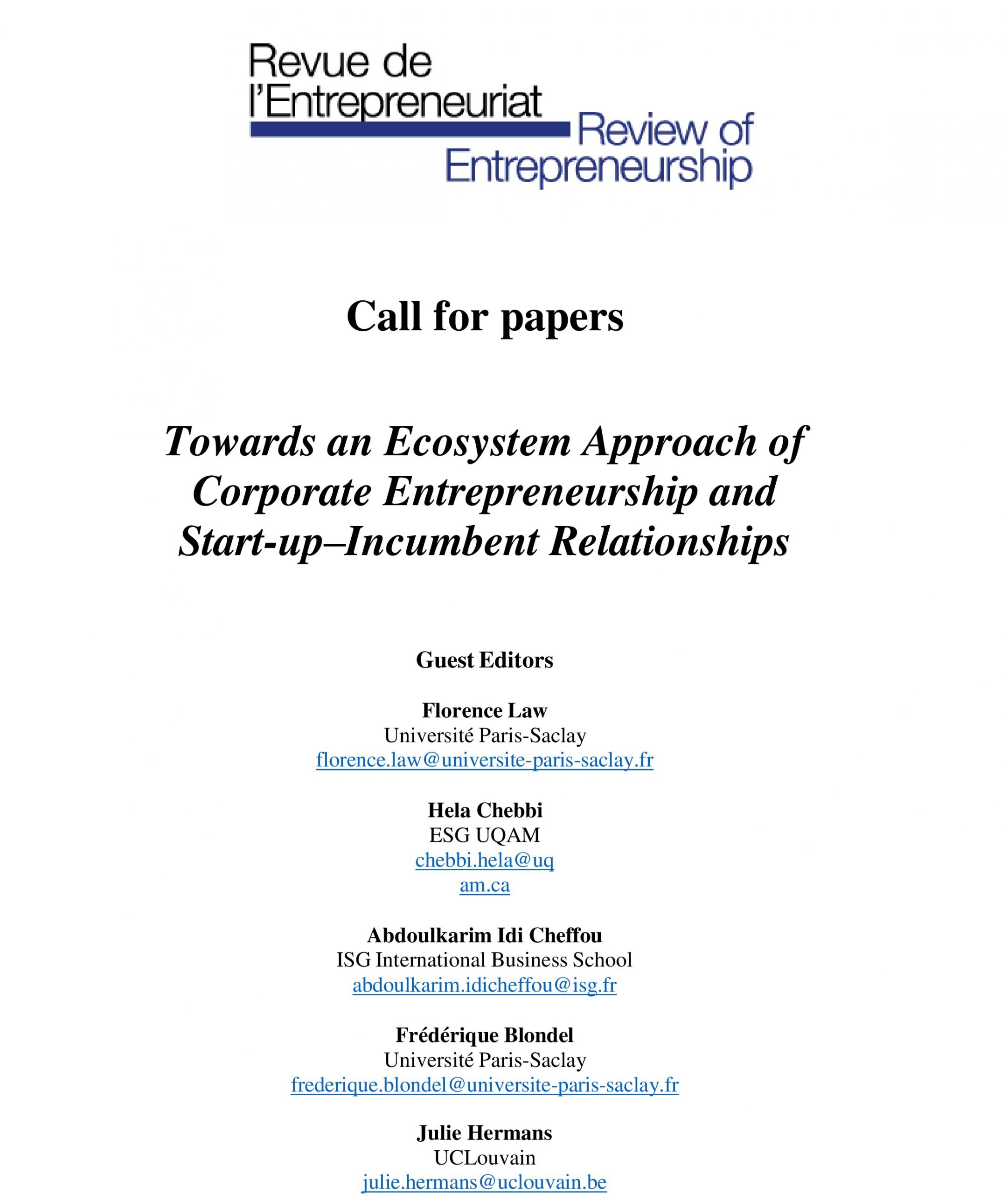
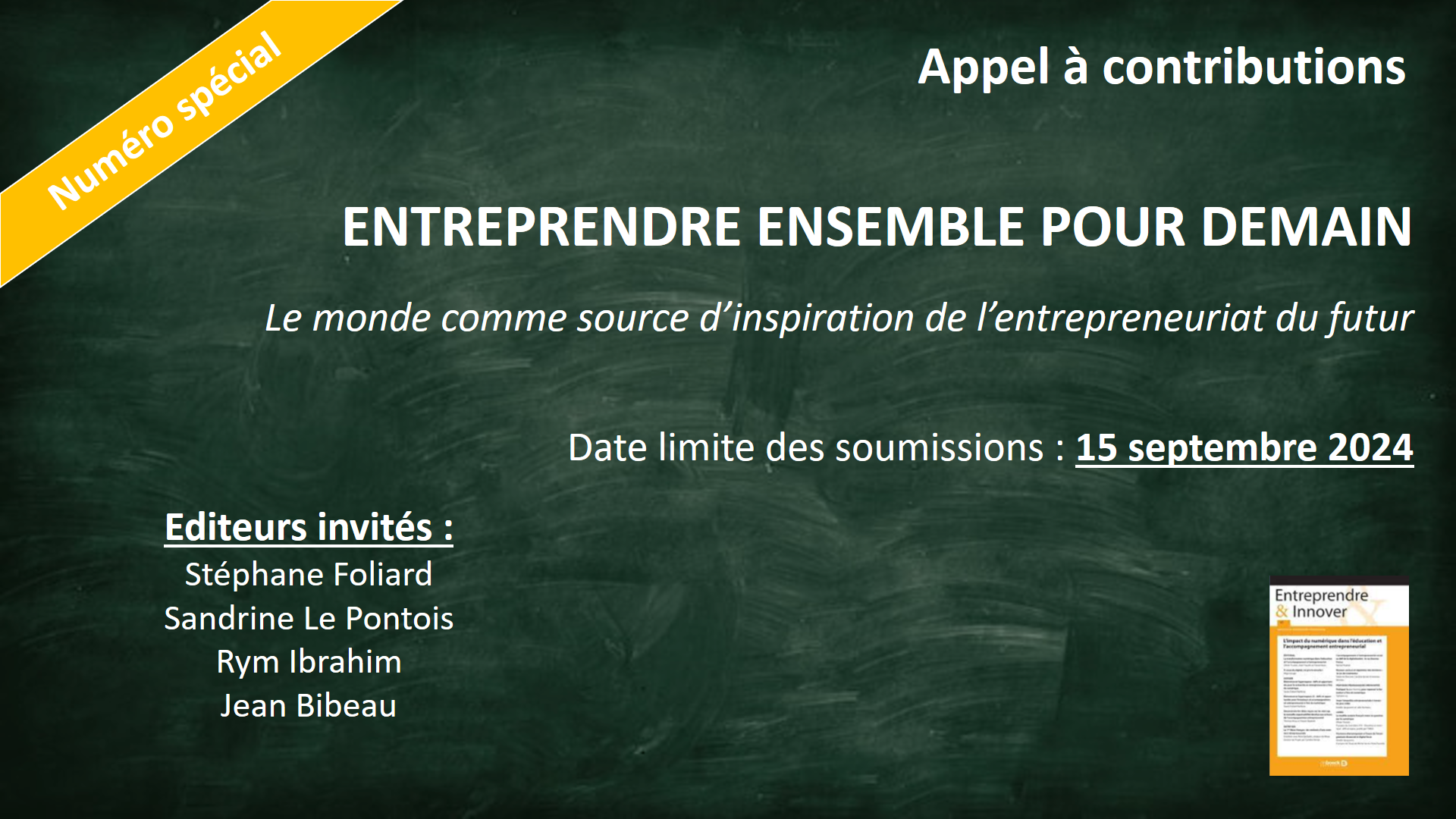
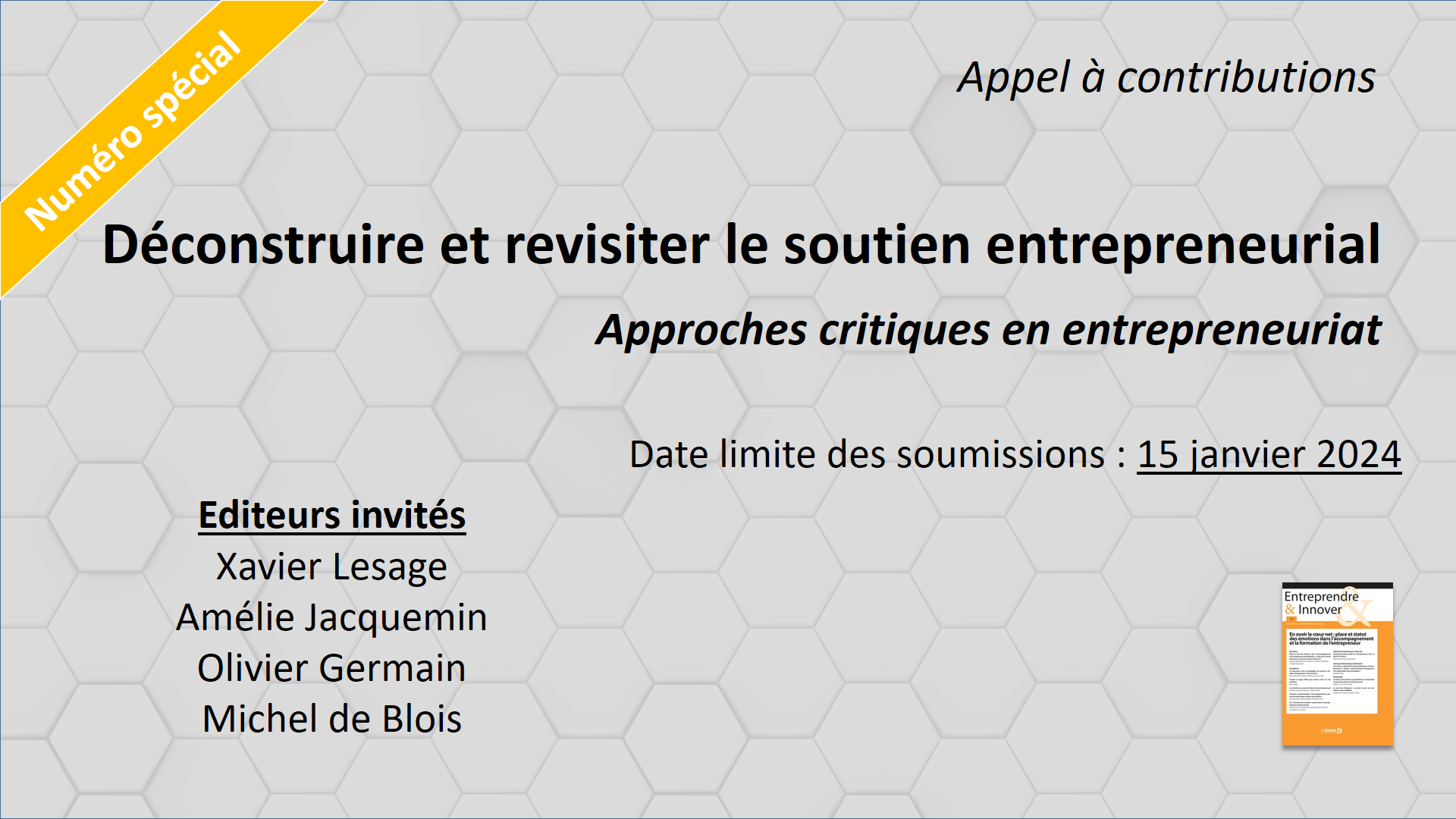
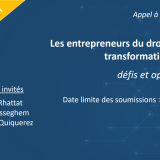
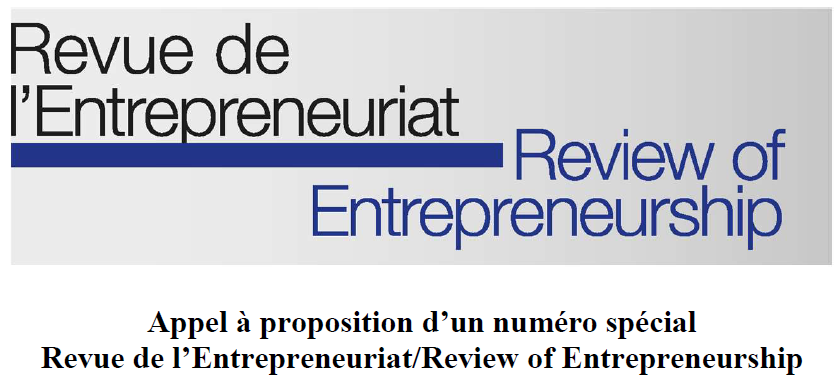

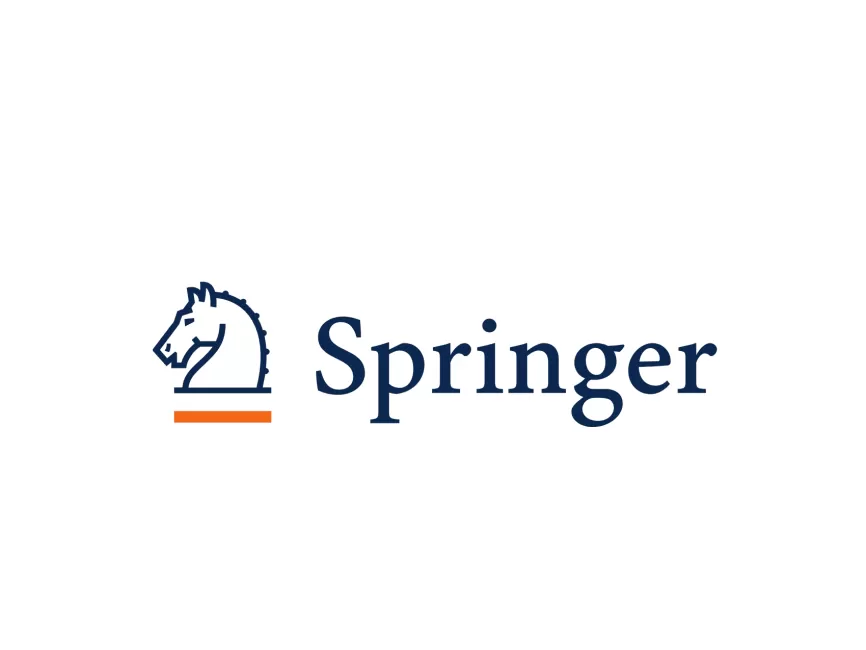

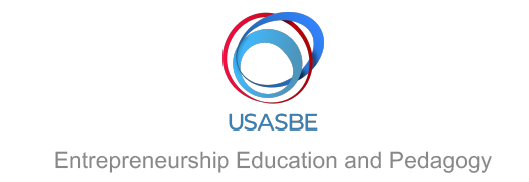




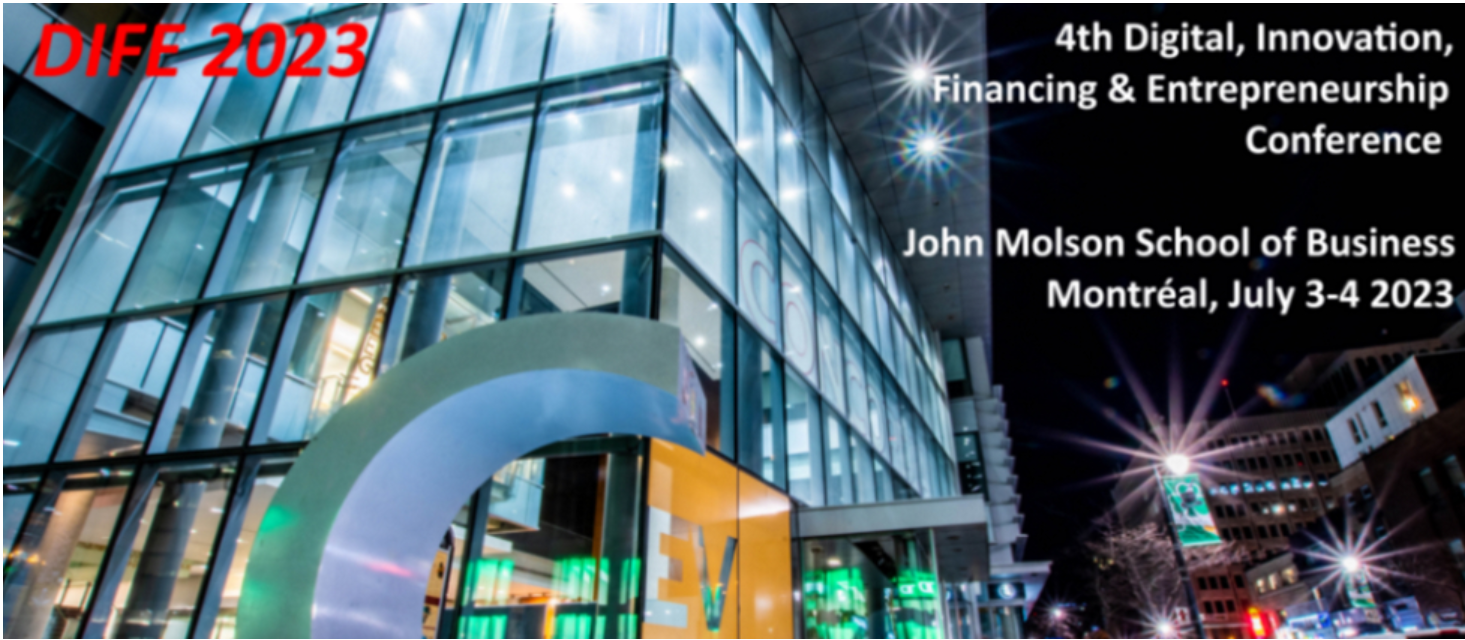


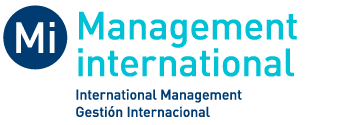






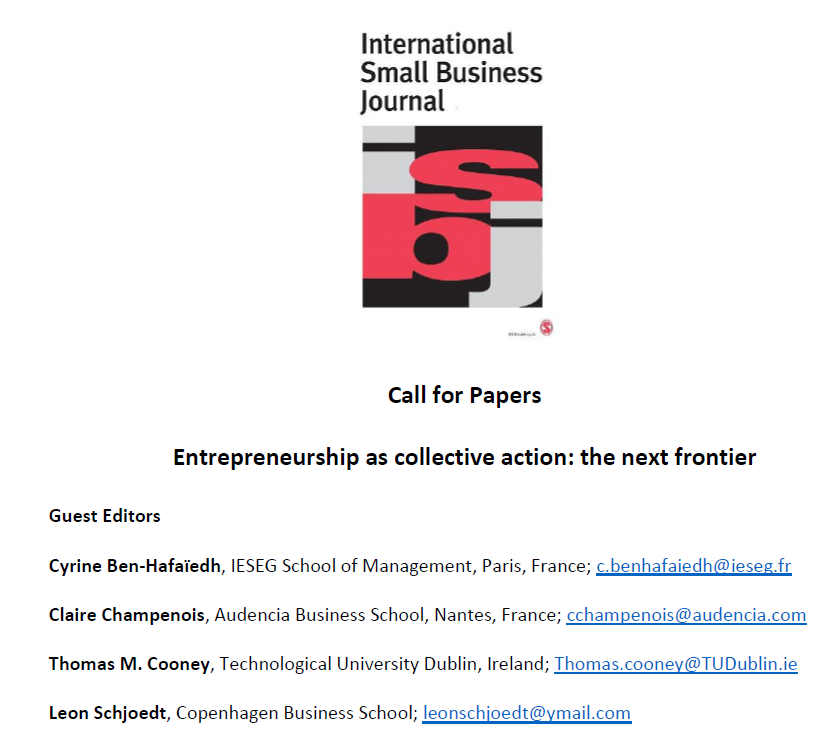

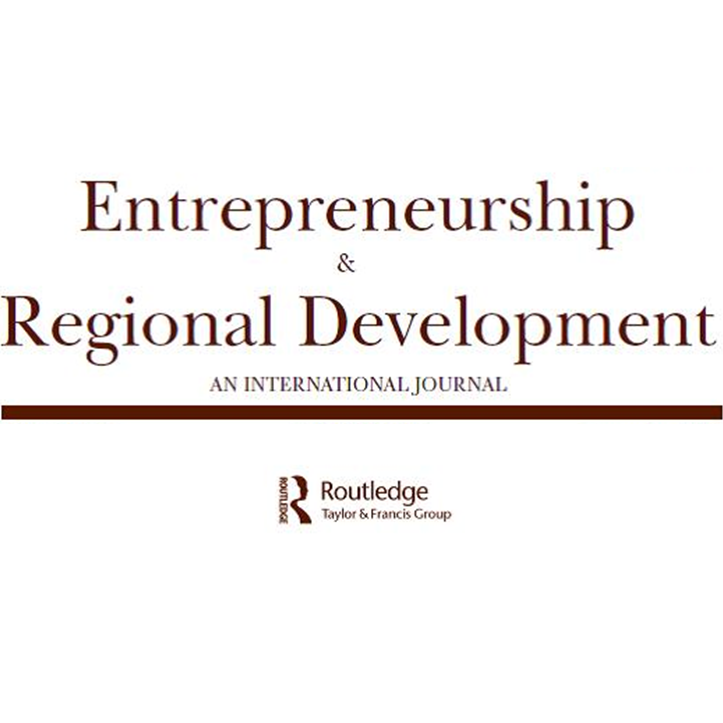
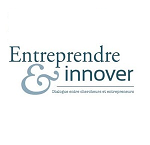

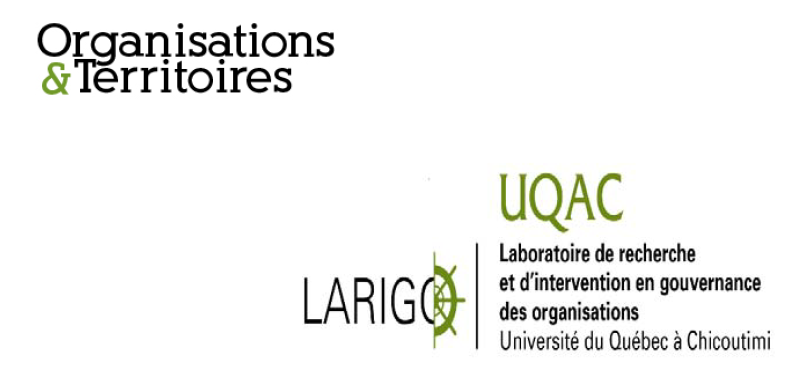












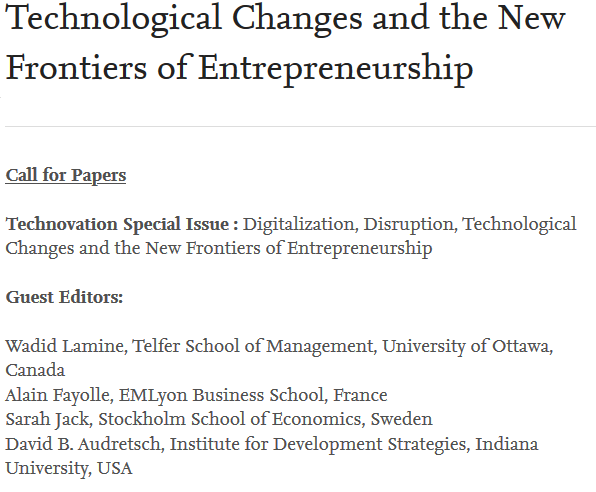
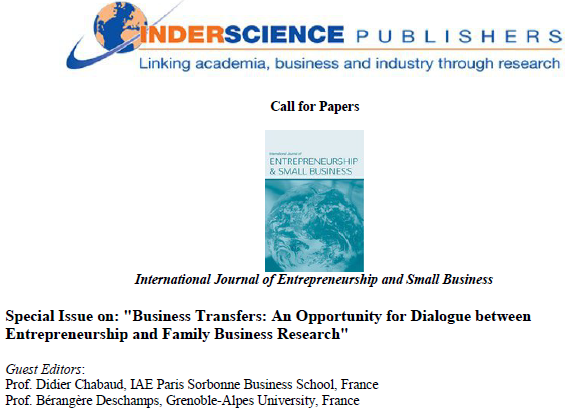



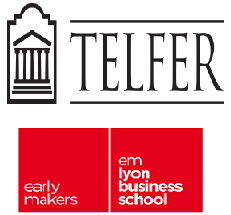

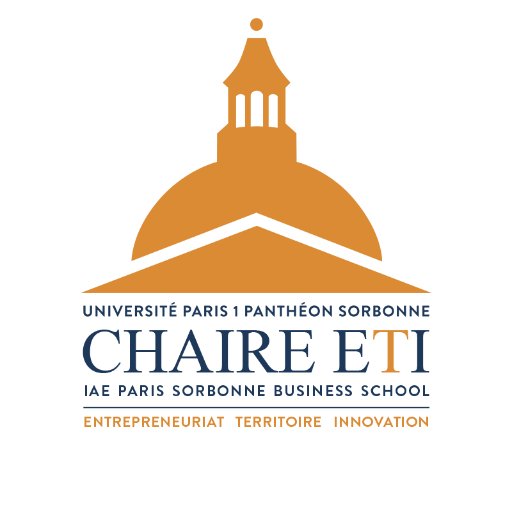
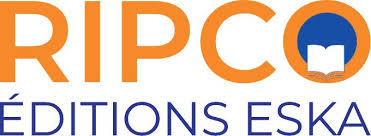

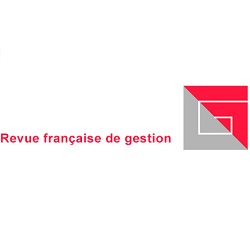
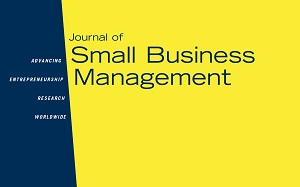
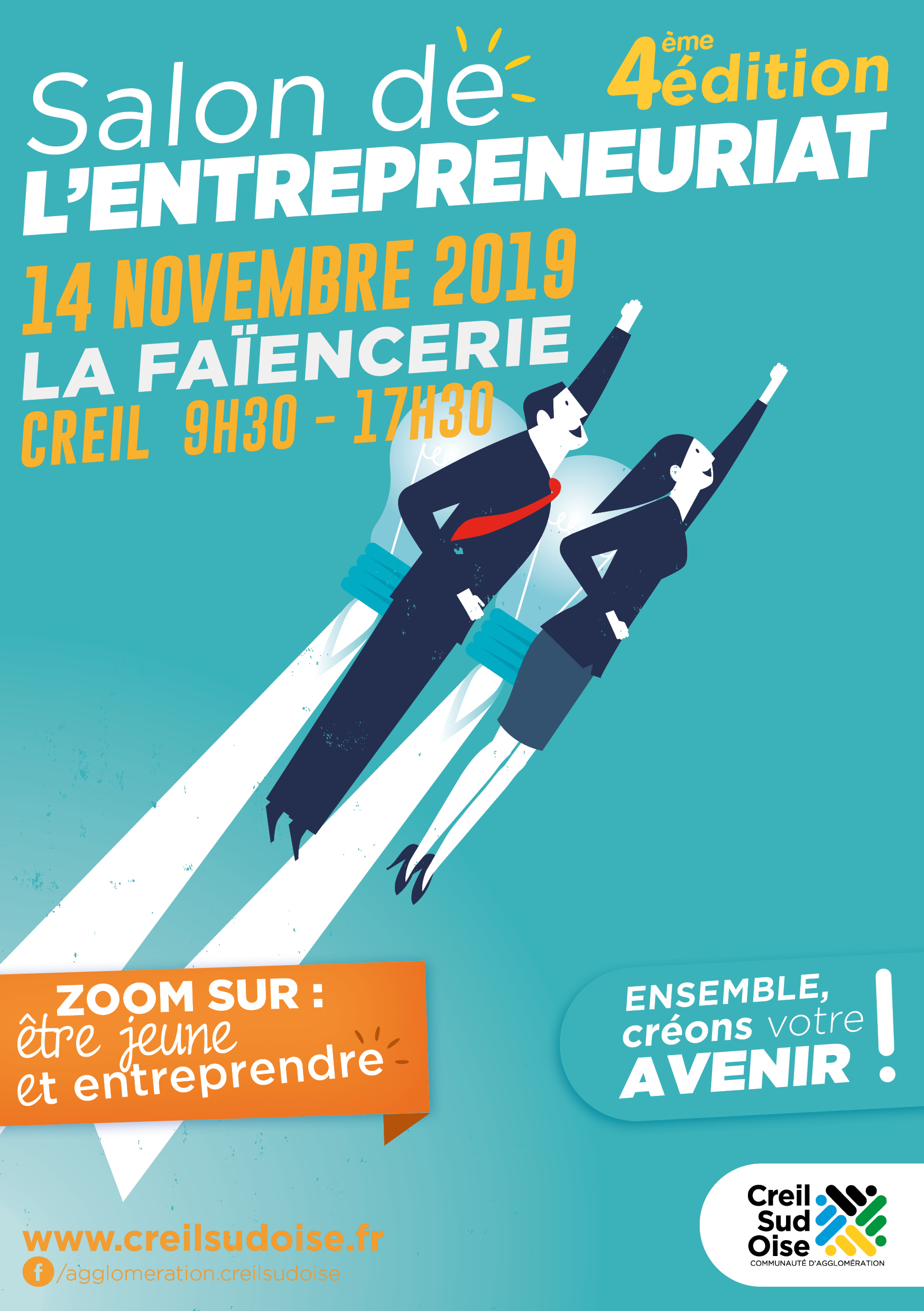



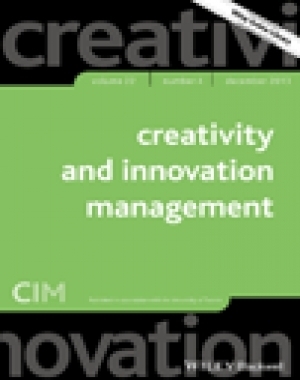
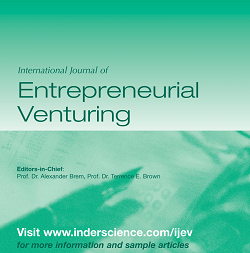
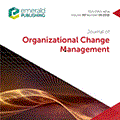
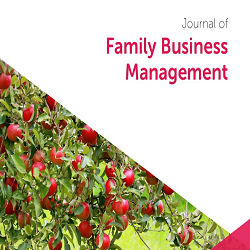


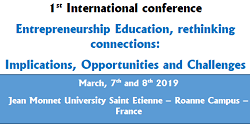
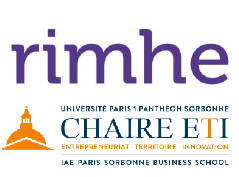


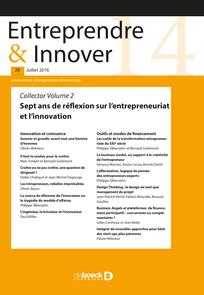
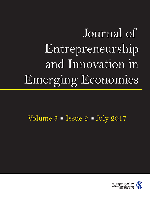



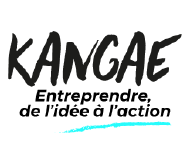

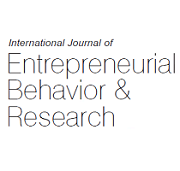
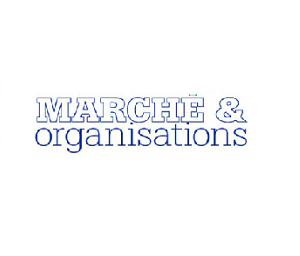

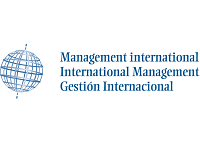





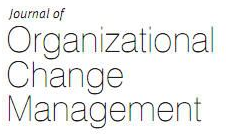









































 ntreprise est considérée selon une perspective entrepreneuriale afin de mieux cerner les opportunités et les défis que ce champ ouvre. L’entrepreneuriat international a été initialement appréhendé dans le cadre des entreprises « Born Global » (Knight et Cavusgil, 2004 ; Rialp, Rialp, Urbano et Vaillant, 2005 ; Sharma et Blomstermo, 2003) ou « International New Ventures » (McDougall et Oviatt, 1994, 2005 ; McDougall, Shane et Oviatt, 1994). La croissance internationale rapide des entreprises dès leur naissance conduit en effet ces dernières à adopter un comportement décrit comme entrepreneurial. Depuis, le champ de l’entrepreneuriat international s’est élargi pour intégrer différents domaines et types d’entreprises. L’entrepreneuriat international se définit alors comme la « combinaison de comportement innovateur et de prise de risque qui franchit les frontières nationales et est prévu pour créer de la valeur aux organisations » (McDougall et Oviatt, 2000). Ainsi, l’innovation est au cœur de l’entrepreneuriat international. L’EI s’oriente alors vers l’étude de la découverte, l’enactment, l’évaluation et l’exploitation d’opportunités au-delà des frontières (McDougall et Oviatt, 2005) par des firmes souvent de taille petite ou moyenne, nouvelles ou existantes, sous la direction de leur entrepreneur. Dans ce numéro thématique, sont attendues des contributions questionnant notamment la nature et le rôle de l’entrepreneur et du processus entrepreneurial de découverte et d’exploitation d’une opportunité de création d’un produit ou service (Shane et Venkatraman, 2000) au-delà des contextes domestiques traditionnellement considérés.
ntreprise est considérée selon une perspective entrepreneuriale afin de mieux cerner les opportunités et les défis que ce champ ouvre. L’entrepreneuriat international a été initialement appréhendé dans le cadre des entreprises « Born Global » (Knight et Cavusgil, 2004 ; Rialp, Rialp, Urbano et Vaillant, 2005 ; Sharma et Blomstermo, 2003) ou « International New Ventures » (McDougall et Oviatt, 1994, 2005 ; McDougall, Shane et Oviatt, 1994). La croissance internationale rapide des entreprises dès leur naissance conduit en effet ces dernières à adopter un comportement décrit comme entrepreneurial. Depuis, le champ de l’entrepreneuriat international s’est élargi pour intégrer différents domaines et types d’entreprises. L’entrepreneuriat international se définit alors comme la « combinaison de comportement innovateur et de prise de risque qui franchit les frontières nationales et est prévu pour créer de la valeur aux organisations » (McDougall et Oviatt, 2000). Ainsi, l’innovation est au cœur de l’entrepreneuriat international. L’EI s’oriente alors vers l’étude de la découverte, l’enactment, l’évaluation et l’exploitation d’opportunités au-delà des frontières (McDougall et Oviatt, 2005) par des firmes souvent de taille petite ou moyenne, nouvelles ou existantes, sous la direction de leur entrepreneur. Dans ce numéro thématique, sont attendues des contributions questionnant notamment la nature et le rôle de l’entrepreneur et du processus entrepreneurial de découverte et d’exploitation d’une opportunité de création d’un produit ou service (Shane et Venkatraman, 2000) au-delà des contextes domestiques traditionnellement considérés.